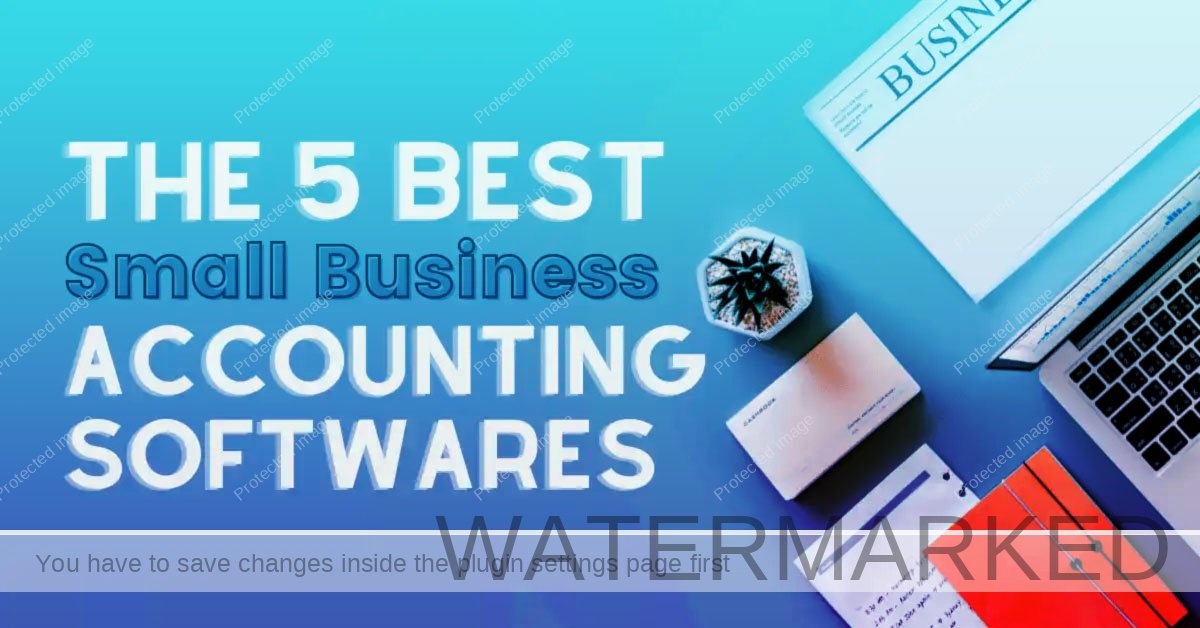5 Best Accounting Software for Small Businesses in 2026
QuickBooks is the best accounting program for the majority of small businesses. Every accountant understands how it operates, and it will grow with your company.
I prefer Xero if you intend to remain small and handle the majority of the bookkeeping yourself.
5 Best Accounting Software for Small Businesses
For detailed evaluations of each item on my list, including costs, benefits, and drawbacks, continue reading. Use this as a reference when weighing your options.
2026’s Top 5 Accounting Software Options
- QuickBooks: Standard option for business accounting software, and is the best overall.
- Xero: My personal favorite and best for solopreneurs.
- FreshBooks: The Greatest Bundle for Agencies
- Wave: The best free accounting program.
- NetSuite: Best accounting software for big organizations.
QuickBooks: The Greatest Business Accounting Software
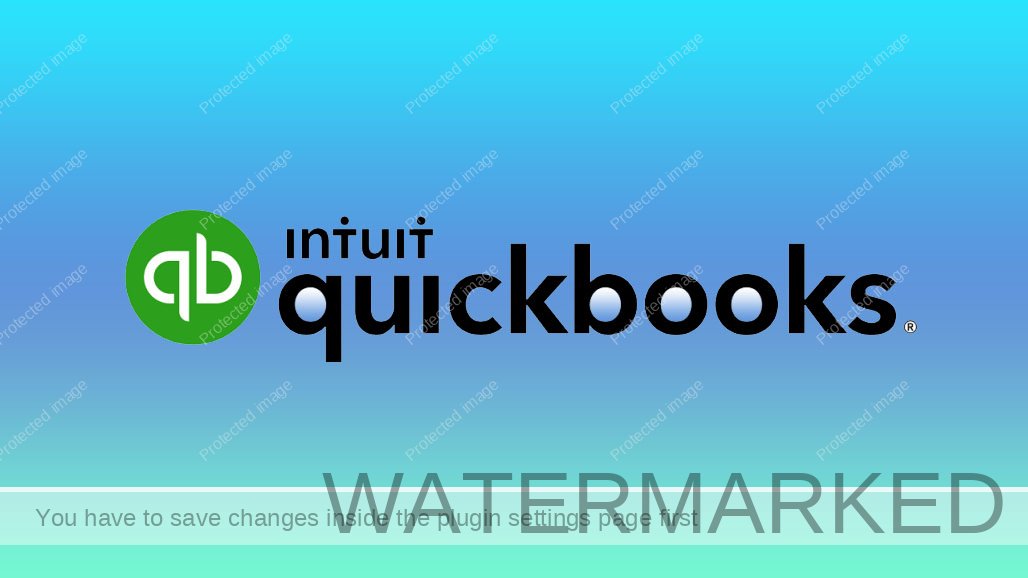
With good reason, QuickBooks is one of the most widely used accounting programs.
You see, nobody I know is a huge fan of QuickBooks. Logging in is not something anyone looks forward to.
However, that isn’t important. QuickBooks completes tasks efficiently and correctly.
It is not intended for small business owners who do their own bookkeeping. It is designed for companies that want accurate bookkeeping services.
At work, we set the ideal example. Our company’s bookkeeping and accounting are far more complex than those of a typical company of our size.
We have revenue-sharing arrangements with several organizations and operate several websites.
Additionally, we must monitor our reservations and collect payments. QuickBooks manages everything without any problems.
And it’s been utilized by every accountant on the planet. Regardless of the CPA you work with or who you hire, they will be familiar with the area right away. It is the norm for the industry.
Are there any other accounting programs that I prefer over QuickBooks? Indeed. Would I use QuickBooks if I were serious about starting a new business today? Yes, too.
Even if QuickBooks isn’t my favorite, I can rely on it. It is the option by default.
Payroll, time tracking, and point of sale are just a few of the many features that QuickBooks provides.
In all honesty, if your company is big enough to utilize QuickBooks, it’s also big enough to have solutions specifically designed for it.
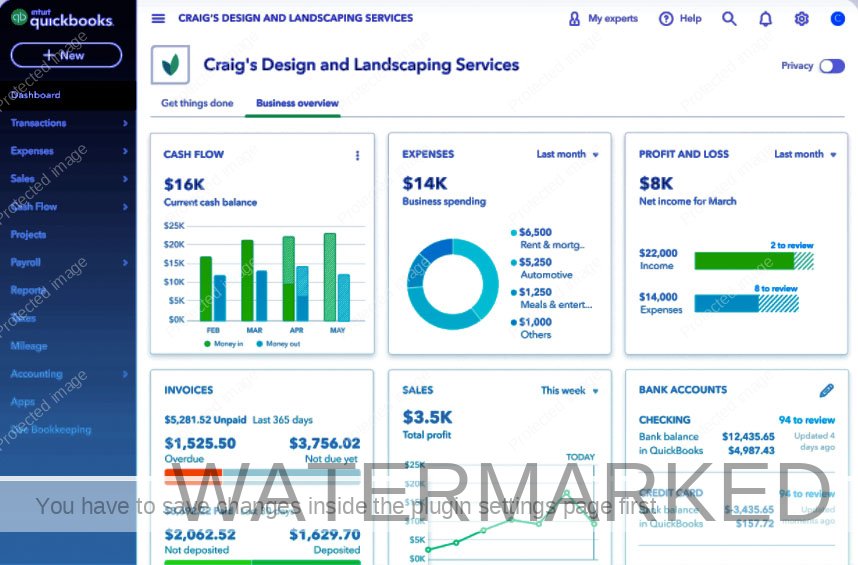
QuickBooks and your bank may be readily synced, just as most accounting services. Transactions will be automatically imported and categorized by the software.
Here is a summary of QuickBooks Online’s plans and costs:
- Easy Start — costs $15 a month
- Essentials — cost $30 a month
- In Plus — cost $45 a month
- Advanced — costs $100 a month
All essential tools for managing your company’s accounting and bookkeeping are included in the basic package. However, the following factors may encourage you to upgrade:
- More users: You can only have one user with the basic plan. You are also limited to three by the Essentials.
- However, sharing a single login with several team members is not difficult. If you wish to share your records with your certified public accountant, you will need to upgrade.
- Several different currencies.
- Connections to a variety of payment systems (Amazon, Square, etc.).
- Inventory control.
- Full-time accountants require more advanced functionality.
You may get 50% off your first three months of QuickBooks or test it for free for 30 days.
You are free to change plans or cancel at any moment because there are no long-term agreements or commitments.
Regretfully, you are unable to receive the discount on your first three months of use and test the software for free. You have to decide between the two possibilities.
Xero Is My Personal Favorite And The Best Option For Solopreneurs

For small business owners, Xero excels in making the accounting process simple.
I worked a full-time job and managed a growth consulting firm on the side for nearly ten years.
I even made six figures in a few years. To pay my taxes, I needed to track all my expenses.
I continued to use Xero until I closed the business because it saved me a ton of time.
This is how my Xero workflow operated:
- I would check in to reconcile all of my transactions once every several months.
- Every transaction was automatically pulled in by Xero from the integrations with my bank accounts.
- I classified each transaction from Xero in a top-down manner.
- Xero started recommending spending categories for my recurring transactions. So I just needed to give my approval.
- It took me a few clicks to retrieve my profit and loss report throughout tax season.
I managed my books for five hours a year. Not even a bookkeeper. That’s how simple it was.
There are just three plans available in Xero:
Early: $15 a month
- 20 invoices can be sent.
- The capacity to input five bills
- Reconcile an infinite number of transactions
Growing — $42 a month
- Unlimited invoices
- Unlimited invoices
- Reconciliations of banks in bulk
Established: $78 a month
- Compatibility with multiple currencies
- Record and control spending
- Monitor project budget and schedule
Be wary of their discounted prices, as the majority of accounting software currently offers deceptive discounts.
For instance, Xero only offers the Early plan for the first three months at $1.50 per month. After that, you’ll pay $15 every month.
There are a few aspects of Xero that have annoyed me:
- Over the years, they have significantly raised their prices. The cost of these plans has doubled recently.
- Additionally, I once had access to a very affordable package with a monthly
- Cap on the number of reconciliations. I hope they stop raising prices. I might consider other options if they don’t. Their billing aspect has never appealed to me.
- I prefer bills that are well-designed and have integrated payment capabilities. I never moved my invoices over because Xero never worked hard here.
- The automatic import ceased to function two years ago due to integration problems with one of my banks.
- Exporting my bank transactions as a CSV file is quite frustrating. Additionally, the bank integration is still broken.
I would probably test out the other options on this list to see if any of their bank connectors work wonderfully for me, even though I enjoy Xero overall. However, I would choose your banks if they all interact with Xero.
FreshBooks: The Greatest Bundle & Best for Agencies
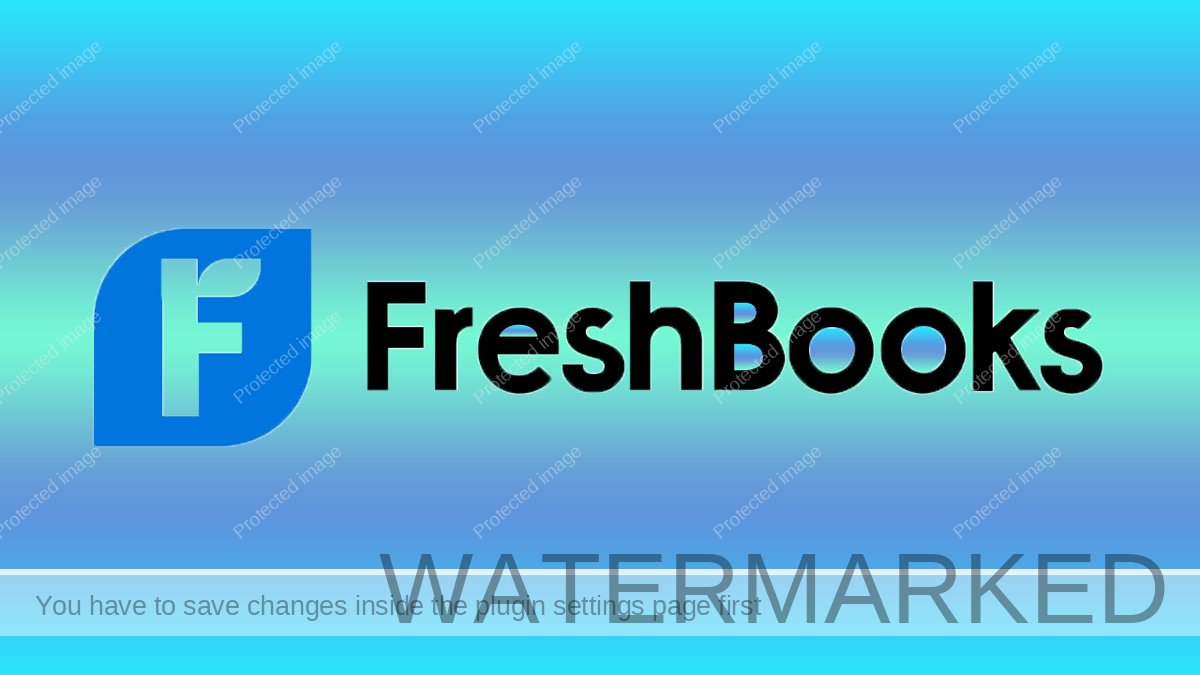
Two areas where FreshBooks truly excels:
- It’s a highly user-friendly interface. Upon logging in, everything becomes clear.
- It has everything you need to operate a service-based or agency business. Time tracking, payments, and invoicing all function flawlessly.
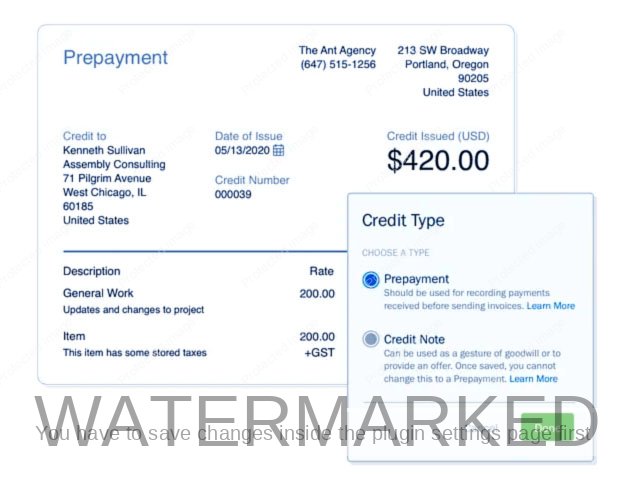
I wouldn’t hesitate to use FreshBooks if I were starting an agency. Additionally, their app’s client-facing features all look fantastic.
The design is excellent for any reports or invoices you give to clients. Even if you are the only one managing the company, you will still appear professional.
Here is a summary of FreshBooks’ prices:
- Lite: costs $19 a month.
- In Plus: $33 a month
- Premium: monthly is $60
- Select: Personalized prices
The original costs you see on their pricing page will be discounted for the first four months. The prices listed here represent the actual costs you will incur after the discount period expires.
The number of billable clients for the Lite, Plus, and Premium plans is 5, 50, and 500, respectively.
Therefore, you can select your package according to the size of your clientele. Each team member with access to the program pays an additional $10 a month.
To determine whether the user interface is suitable for you, you can register for a free trial.
Wave: The Greatest Free Accounting Program

Wave is a free accounting system. Yes, it is free. There are no monthly fees, hidden costs, or startup charges. However, the plan is somewhat constrained.
You WON’T receive the following on the free plan:
- Import bank transactions automatically. For myself, this is a deal-breaker.
- Reconcile transactions automatically. Another deal-breaker. I would gladly pay $15 a month for quick bookkeeping.
Here are the primary restrictions, along with a few additional ones.
The free subscription might be an excellent choice if you operate a freelance business, enjoy Wave’s user interface, send a few invoices each month, and essentially don’t do any bookkeeping for your company.
The starting price of their Pro plan is $16 per month, which is rather typical for the sector.
You then receive the same features as everyone else, including bank connectors, payment acceptance, and invoicing. Therefore, it’s simple to update if you ever need to after your firm gains traction.
You will also notice a difference in their payment processing fees if you look at their pricing:
- Credit card processing costs 2.9% plus $0.60 per transaction under the Stater (Free) Plan.
- Credit card processing is 2.9% plus $0 per transaction for the first 10 transactions in a month, and then $0.60 per transaction after that, according to the Pro ($15/month) Plan.
Therefore, you can save up to $6 per month on payment processing expenses with the Pro plan. That’s a relatively small savings, and for that reason alone, it’s not worth upgrading or switching to Wave.
The Best Accounting Software for Large Businesses Is NetSuite
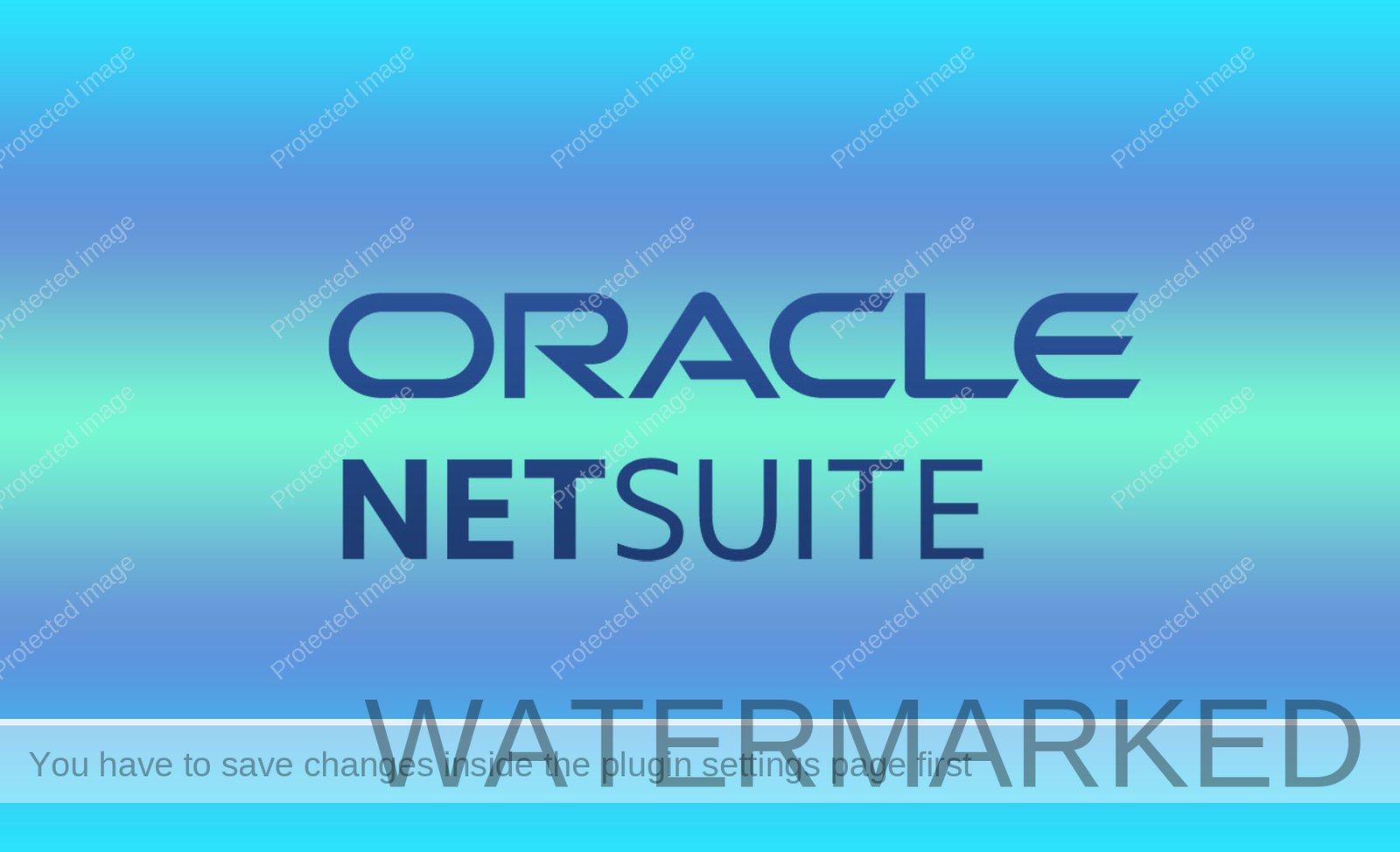
If your company continues to expand, QuickBooks will eventually become too complicated.
Although our Director of Finance has experienced this firsthand, I have not. He had to deal with a total redesign of the accounting system and switch away from QuickBooks on several occasions during his tenure.
By this stage, you’ll have a team to explore options and guide you through the change.
NetSuite is the most popular choice among enterprise accounting software. They will be in the running for the majority of accounting tool bake-offs. They are a huge business that Oracle purchased.
Additionally, they have highly developed analytics, field service, CRM, and other business operations tools. They assist large corporations that are attempting to consolidate all aspects of their operations.
You’ll know if NetSuite is the correct choice for you already. I would continue with our other suggestions for everyone else.
How to Find The Best Accounting Software for Small Businesses
I advise keeping these important considerations in mind when searching for accounting software.
Stage and Type of Company
Your business type will essentially compel you to choose between three options:
- Select one of the user-friendly accounting tools if your business is tiny, you do most of the accounting yourself, and you want to maintain it that way for a very long time.
- Select the option with the most user-friendly interface, as all of them function perfectly. FreshBooks, Wave, and Xero are all good choices.
- QuickBooks is a must-have if you’re growing your company and want a large workforce.
- Another way to look at it is to choose QuickBooks, which is the default option, if you intend to hire a full-time employee in a finance or accounting position within the next few years.
- There’s no use in moving your accounting; do it correctly the first time.
- Once your business is large, you can look into enterprise solutions like NetSuite. Teams will be in place by then to investigate every possibility, test ideas, negotiate multi-year six-figure contracts, and handle the year-long move.
- Ask your finance staff what they would like to do if you are already at this point. In the end, it is their decision.
Despite the abundance of options, if you follow these guidelines, the decisions are rather simple.
Integrations with Banks
I would anticipate that all accounting software would have a perfect bank interface with all US banks by this time, as well as big foreign banks.
However, in my experience, that is not the case. Not all banks have accounting tools, but the majority do.
Additionally, I consider a tool to be a deal breaker if it lacks integration. This is why, despite my great satisfaction with Xero, I would look into other programs.
I have to do more manual labor because they don’t integrate with one of my banks. And automating all of it is the main goal of an accounting application.
Automated Reconciliation:
You must reconcile each bank transaction if you are new to bookkeeping. This simply means classifying the transaction appropriately so that it appears in the appropriate location in your accounting reports, such as your profit and loss statement.
It takes a lot of effort to manually choose spending categories and evaluate EVERY transaction. Particularly considering that many of the transactions are simply repeats of those from the prior month or year.
An automatic reconciliation system was revolutionary when I initially started using it. I simply needed to devote a few hours a year to bookkeeping, as opposed to a few hours each month.
Every transaction is examined by my accounting program, which then recommends a reconciliation based on my prior reconciliations. I click and give it my approval if it appears good. If not, I quickly revise and finish it.
This is the primary feature of any new accounting software that I would be assessing. Particularly when you’re a busy business owner with a lot of things going on.
Things to be aware of:
- Does the automatic reconciliation classify account movements correctly?
- Does it correctly link the appropriate invoice to transactions?
- Does it classify spending appropriately at least 80% of the time?
You can avoid employing a bookkeeper for a long time if your system accomplishes all of the aforementioned tasks. Your company will save a ton of money that way.
Superior Bundled Features
This is more crucial the smaller you are. To manage your business, you would need to sign up for three or four tools when I began consulting more than ten years ago:
- A tool for accounting
- Monitoring time
- Billing
- Processing of payments
And then hope that you can sew them together.
These days, they are all included in any excellent accounting tool. The majority of them are also rather good. For example, when I first started using QuickBooks, it lacked a robust invoicing tool. It’s top-tier now.
However, none of them is flawless. Different solutions may not provide the precise time tracking or invoicing features you require, depending on how your firm is operated.
Therefore, experiment with each to ensure that the essential features meet your needs. I used a different invoicing solution in addition to Xero because I detest its invoicing. I would look into the other suggestions if I wanted to combine tools.
An Interface You Understand
Surprisingly, this may be the most crucial component. For the first time, it might be challenging to think like an accountant.
There are countless reports, including double-entry accounting, accrual-based accounting, credits and debits, and more.
The true benefit of small business accounting software is that it makes everything easier for the average person to understand through their user interface.
This is another reason why many people despise QuickBooks. It is the most basic accounting tool and contributes the least to the simplification of accounting procedures.
The main reason why people detest QuickBooks isn’t because of the program itself, but rather because accounting is difficult to understand. It was for me, anyway.
Over the years, I’ve switched between many accounting programs. The ones that made the most sense to me are the ones I’ve stuck with. After logging in and doing some bookkeeping, everything went smoothly.
I strongly advise you to experiment with a couple of the widely used tools before selecting the one that best suits your needs.
The instrument I would choose might not be the same as that one. And it’s all right! Various products will arrange things differently; choose the one that makes the most sense to you.
Read More: One Plus Watch 2 Review:
3 Best PEO Services Providers for Small Businesses In 2026
8 Best Email Marketing Services for Small Businesses in 2026
Top 8 Best Web Hosting Companies in 2026 | Compare Hosting
Windows 12 Release Date? AI Features, Rumors, leaks, Upgrade

